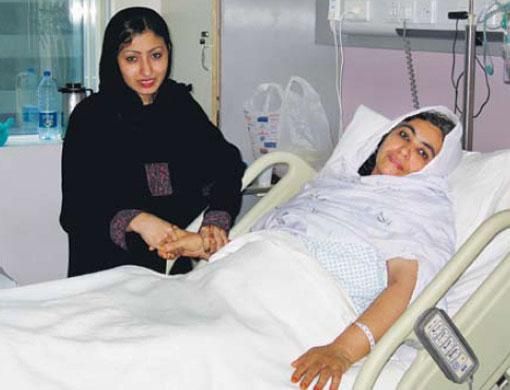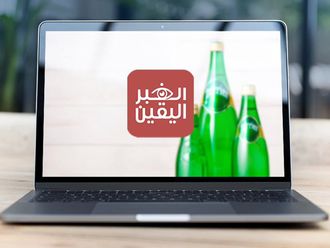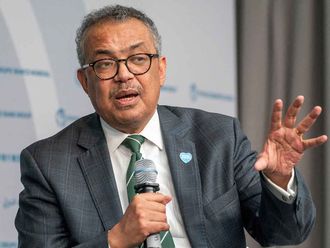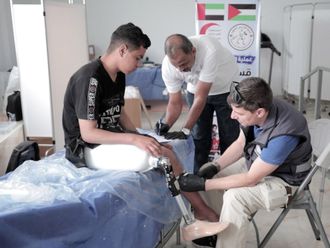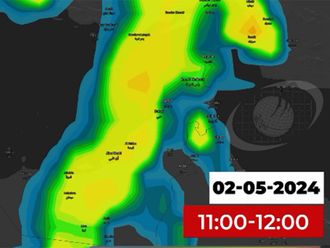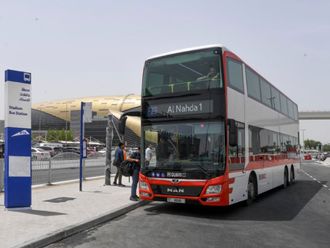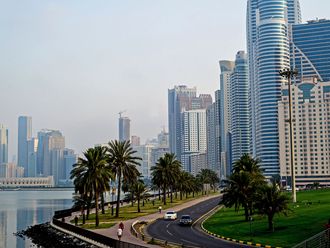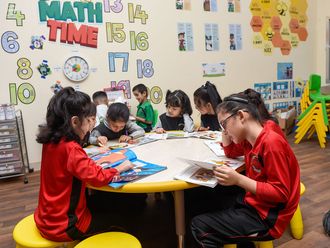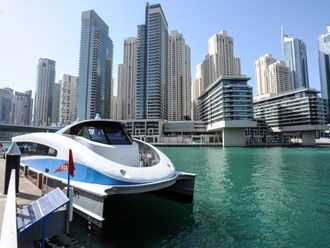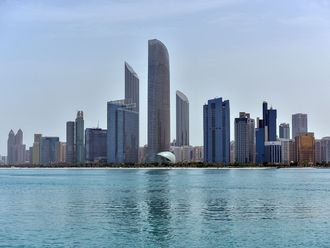Abu Dhabi: An expatriate patient, who has lived in the UAE for 25 years, has undergone a successful surgery for a rare heart condition that affects one in a million patients per year, Gulf News learnt on Monday.
Cardiovascular diseases cause the second most deaths in Abu Dhabi, according to official data. Statistics published by the Health Authority Abu Dhabi (HAAD) show that 18 per cent of people across the capital suffer from cardiovascular diseases and the number keeps increasing every year.
The latest case was discovered by accident when a 53-year-old Pakistani woman, Said Juma Akbar Jan, visited the doctor last week for a gynaecological check-up. During her examination, the doctors detected a rapid heart beat.
She was immediately referred to a cardiologist who performed an echocardiography (an ultra-sound examination on the heart) and detected a 4.5cm tumour in her left atrium. She was diagnosed with Atrial Myxoma - one of the most serious and rarest of heart conditions.
Even though Said did not suffer from any symptoms, except for feeling out of breath, a four-hour open-heart surgery had to be performed.
"If the patient had not admitted herself for a gynaecological condition, she would have never known of her heart condition and could have died had the tumour spread to other parts of her body and the brain," said Dr Dinesh Sadasivan, consultant cardiac surgeon at NMC Speciality Hospital.
Dr Sadasivan explained that the only way to detect Myxoma was through cardiological tests. "Said was lucky, this was an incidental detection," he stressed.
The tumour can measure from 1 to 10cm and it occurs in the left atrium on more than 70 per cent of occasions. If the tumour remains undetected, added Dr Sadasivan, it grows in size and blocks the valve between the left artery and the left ventricle, causing an instant cardiac arrest.
"The tumour must instantly be removed once diagnosed. There is a 1-3 per cent chance of the tumour re-appearing in the same area. For that reason, Said needs to undergo a yearly ultra-sound check-up on her heart," he advised.
During the surgery, doctors had to stop Said's heart for 40 minutes through a solution called cardioaplegia and all the air had to be removed from the heart to successfully complete the procedure.
"We perform the surgery when the heart is bloodless and remove the tumour along with the surrounding wall," said the surgeon.
After the operation, a cheerful Said expressed her feelings to Gulf News through sign language. She was, in fact, quite anxious to convey her feelings.
"I couldn't breathe [at times] and that [often] made me fall asleep early, but I would have never imagined having a tumour, the size of a lemon, in my heart! I have 12 children, the youngest is 8 and eldest 30. I still have a lot to look forward to. I am blessed to have visited a doctor before my tumour grew any further," she said.
Her daughter Khadeeja, 17, was by her mother's bedside at the hospital. "Since the surgery, she's looking so fresh. Our relatives and family are relieved that she is still with us today and we will do all we can to keep her with us by following the doctors instructions," Khadeeja said.


